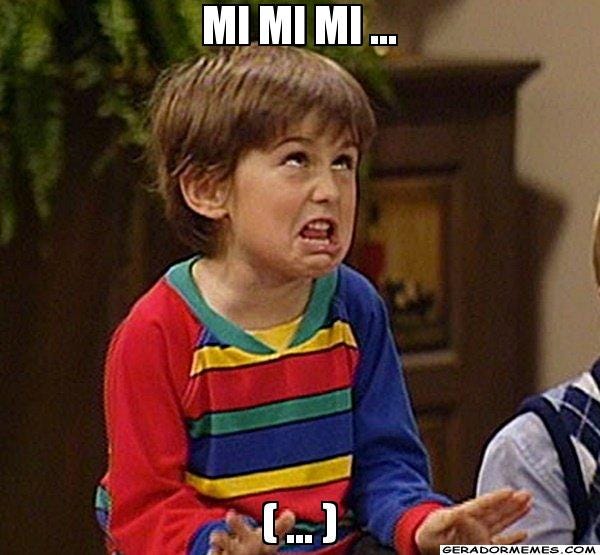Dumarest
Vaquero de Alta California
- Joined
- Jan 20, 2018
- Messages
- 15,721
- Reaction score
- 34,448
You could skim this to see what you think:Hey guys I am legit interested if they can deliver the swashbuckling/courtly intrigue package with easy rules for casual/newer players. I'm at work right now so I can't paw thru the rules, can you give me the highlights?

Let's Read "Flashing Blades" from Fantasy Games Unlimited
Since a handful of people here at the RPG Pub expressed their interest, I'm going to do a read-through of the Flashing Blades role-playing game, which for my money stands as one of the all-time classics of the hobby. But before I do the proper read-through, here's a bit of background and...






